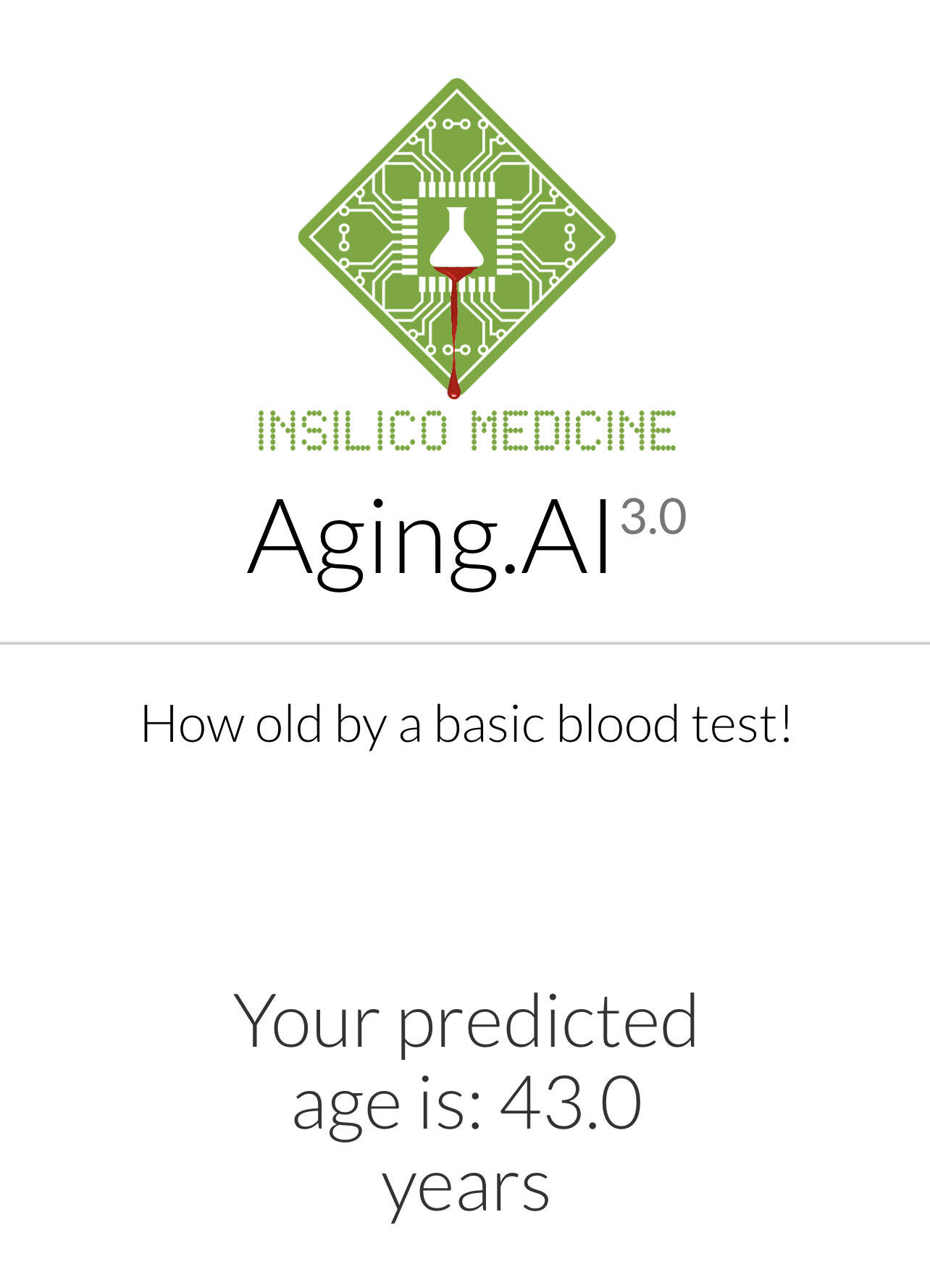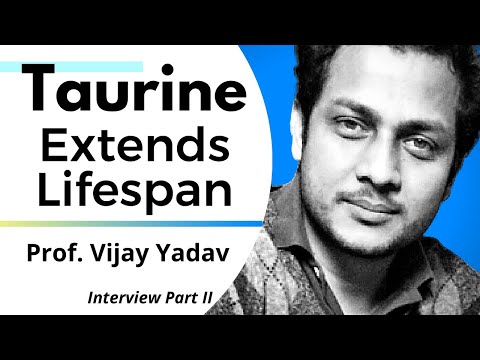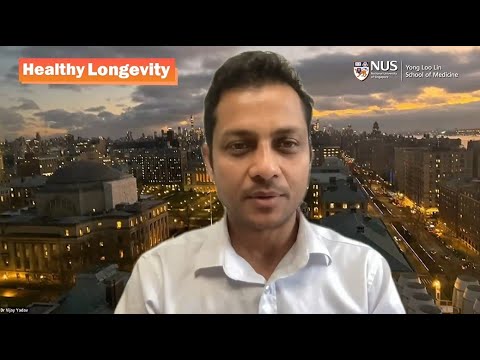Thanks for color @DeStrider
Just input my latest bloodwork data into Levine’s age calculator and got a 10 year improvement in comparison with the previous results (was 53 and now 43 - bio age 68). Could be Taurine? ![]()
![]()
At this rate you’ll be a teen-ager again in a few years! ![]()
This is what I’m afraid of ![]()
I’m skeptical about accuracy of age calculators. My age prediction was calculated as 43 by 2 tests - with 19 parameters and 33 parameters. It’s a 25 year reduction. However, I don’t feel as 43. I’m not as fit as I was at 43. I cannot run for over 1.5 min now. At 43 I could easily run for 10 min. This tells me that I’m not 43. Age calculators, all of them, miss something important that really defines our age. And nobody knows what it is.
Agreed. I had the same thought. My BA results are 28yo (aging.ai) and 47yo (Levine) vs. 60 years around the sun. I think the best we can do is use these BA tools to identify weaknesses… the metrics where I am aging quickly or “old” to stack on top of my ongoing lifestyle improvements (diet, body comp, exercise, sleep, stress, hydration, sunshine, avoiding toxins). Three areas I’m focused on now with supplements and other tools are chronic inflammation (Rapa & more), nitric oxide (oral biome & diet), and gut health (plants). Hopefully these improvement will make me feel 28 yo (or 47) to match my BA!
True, but it is nice to have some way of measuring our progress.
Michael Lustgarten, Ph.D. uses the Levine-based calculator to measure his progress in trying to optimize his diet.
As you know I have a theory of aging so I think I understand what is behind most age related diseases. (viz the senescence/IL-10 stuff and ATP/O efficiency which stops the cells producing all the proteins they need)
However, even if people don’t agree with me about that I think we can agree that functional tests are key. To that extent the ability to move, strength, flexibility, congnitive ability as well as organ functions are key. Also cosmetic things will be part of this (although less important to me personally).
Once an aging clock takes those things sufficiently into account it will be a much more useful tool.
A very informative interview. It brings up the complexity of aging and how taurine is beneficial for cells on many levels in many organ systems.
Excellent video. The host compares taurine to Rapamycin in that both prevent senescence and promote autophagy as well as reinvigorating old animals across the spectrum. It also prevents cells from becoming senescent due to telomerase deficiency.
Also described how a taurine deficiency is highly damaging to your health.
Honestly, considering how taurine is non prescription and we become deficient with age, it may be a better supplement to try before Rapamycin. I am taking both.
Taurine always makes me so sleepy if I take it during the day.
For those who missed the live webinar. It is now on you tube. It is the most impressive presentation that I have listened to in quite a long time. Highly recommended.
It brings light on the complexity of the human organism and how taurine and taurine Supplementation/deficiency affects it. (The presentation starts with review of the potential beneficial multi organ effects of AKG)
Attia makes the point that humans have unusually low taurine production, and that absorption/excretion are actively regulated to maintain plasma levels far lower than in mice or rhesus monkeys. So it seems translatability is an issue here.
Prof yadav is the authority and has shown results in primates and many other biological organisms. The research effort that he is a part of is monumental.
Attia is, in this case, just a blogger with an opinion.
Yadav is completely open about what his work shows and doesn’t show, and in the parts of the video I watched didn’t make any claims about taurine supplementation in healthy humans, other than that it merits trials. This is the responsible view – the various model organisms all have naturally high taurine levels compared to humans, so at least quantitative differences in the relevant metabolism.
Thank you for the video link: I watched the entire video and had the same impression as @Lost . I obviously would love the life extension and other benefits of taurine, but from the video, sufficient taurine (even “young” amounts of taurine) can be acquired from dietary sources (meat), and the need to supplement is primarily for vegans (his words).
I’ve been interested in if I need to supplement taurine (given the recent buzz) beyond the larg-ish amount of animal protein I eat. Earlier in a post someone mentioned taurine causes “vivid dreams” which I began having soon after I started eating heavy protein so it is possibly because of increased taurine. Or due to increased testosterone which appears to have begun from heavy weight lifting. Or from another unknown factor.
Yes, Yadav is a great scientist. And he does not make any big claims.
His research on healthspan include primates, and in my book, that makes Taurine a substance that positively might effect human healthspan and attentuate the effects of aging, second to rapamycin, and equal to GlyNac. And equal or close to antidiabetic medications, (were we still need research on healthy elderly subjects and their effects on healthspan).
Yes, we need more human studies. But I am very impressed of the research that so far has been done on Taurine.
Taurine gives me energy. I was taking it in the morning with Glycine, then learnt that it’s not a beneficial combination, so now I’m taking Taurine in the AM and Glycine in the PM, and, in the result, my energy level got much higher. I started swimming 500 m again every day with no difficulty.
Taurine acts on the nervous system. In my case it makes me sleepy/tired so take it before bed or if I wake up in the night. But no later than 3 AM.


